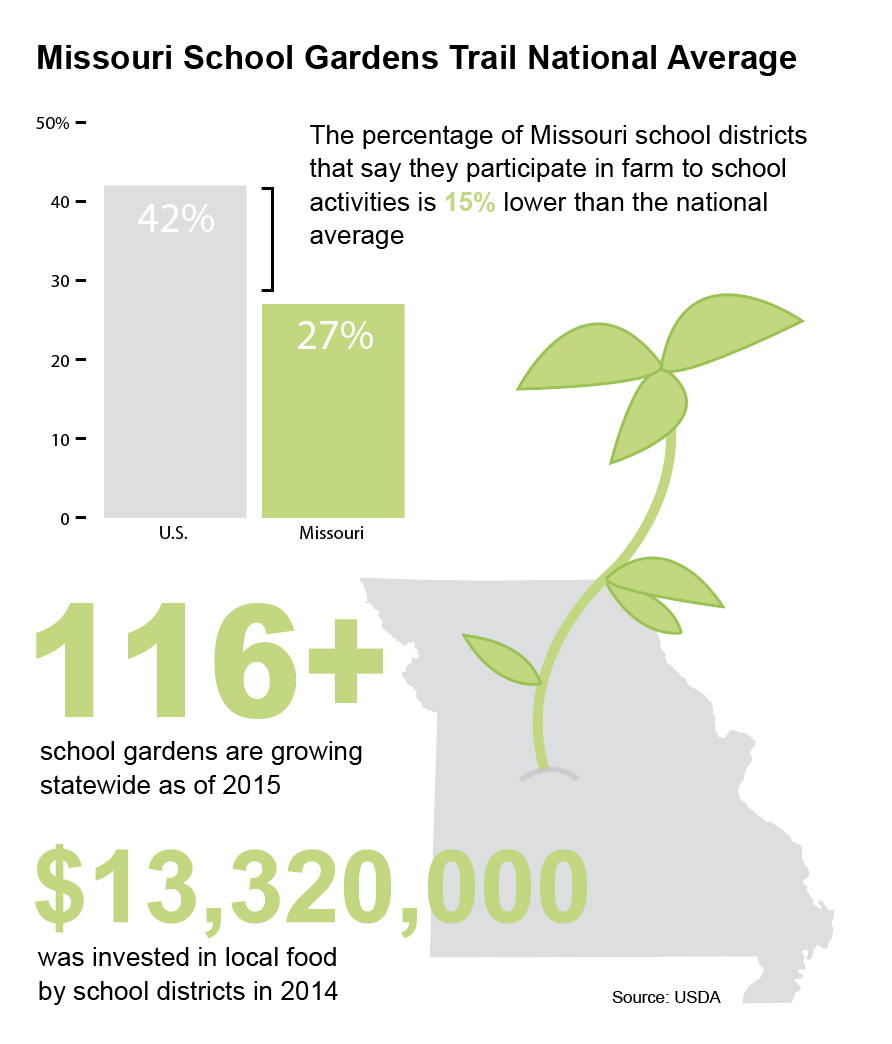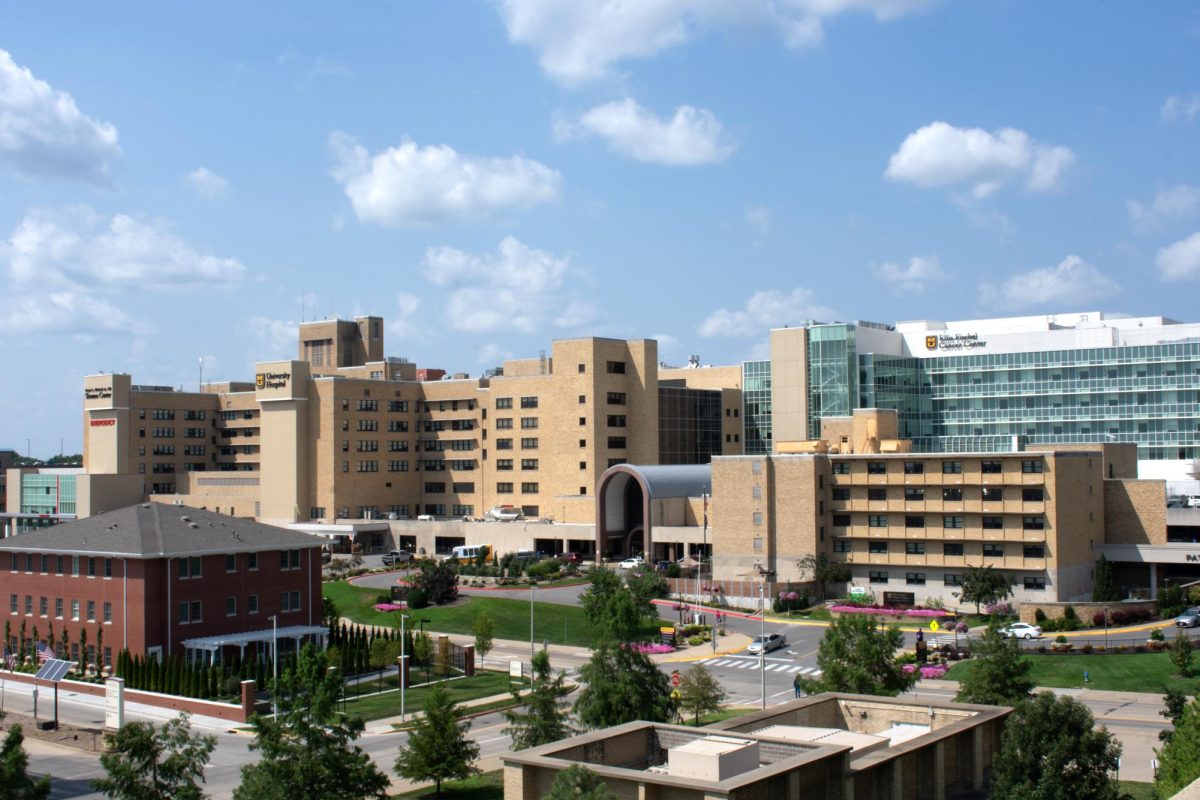Since the heavy industrialization of the 1900s, the United States has seen a gradual decrease in the food and agriculture skills of its youth. A recent study from the College of Agriculture, Food & Natural Resources explains both the history of this “deskilling” and the promising future to reskill the rural Midwestern youth.
The study followed a rural Midwestern school with a garden program as it transitioned from nonprofit to district funding. An important aspect of the education for the students was “reskilling” them, which in food education means to give the learners the skills and knowledge of food production, preparation and consumption.
“In the early 1900s, garden schools were a thing,” former MU professor Anna Ball said.
“The country was more agrarian back then. This is a model that did exist and it existed in private schools.”
The study, published in May 2019, is titled “‘Our school system is trying to be agrarian’; educating for reskilling and food system transformation in the rural school garden” and was authored by then Ph.D. candidate Sarah Cramer, now a doctor of agricultural education at Stetson University in Florida. Current Fulbright scholar Mary Hendrickson and Ball, now the associate dean of Agriculture, Consumer and Environmental Science at the University of Illinois, also worked on the study.
The study found that when active in the “full ‘seed to plate’ life cycle of a garden crop, students in the garden were actively involved in the reconnection of producer and consumer”. It also showed that teachers were helping students want to change their food habits by challenging the current diets and education.
Cramer selected the study to be part of her dissertation research for her Ph.D. in agricultural education.
“Before returning to MU for my Ph.D., I worked for three years as a garden educator at a garden-based learning non-profit,” Cramer said. “I feel very strongly that school gardens represent an important tool in building a sustainable food system, revitalizing rural communities and transforming the public education system.”
The elementary school students showed many moments of being “reskilled,” like saying they want to be farmers or chefs when they grow up. In addition, every moment they participated in lessons, even when doing something seemingly small, like planting a seed, was a moment of reconnection with their food, which was a main goal of the school garden program that was observed.
While showing overwhelmingly positive experiences for the garden program, Cramer’s study also showed some teachers giving pushback to the curriculum. The study highlights a moment where three separate garden teachers each brought up the same incident: a regular classroom teacher interfering with the garden lesson. While the garden teachers were explaining to the students water contamination from large agriculture, the regular classroom teacher “immediately jumped to the conclusion that they were insulting farmers and agriculture and, in front of the class, just hijacked the lesson.”
When asked what applications she would like to see this study be used for, Cramer expressed she would like to “someday see garden-based learning incorporated into state educational standards across the country.”
To Ball, the education of society about its food has never been more timely.
“As bigger world issues like the environment and water quality become a larger human issue, it’s more important for people to understand their food,” Ball said.
_Edited by Alex Fulton | [email protected]_














